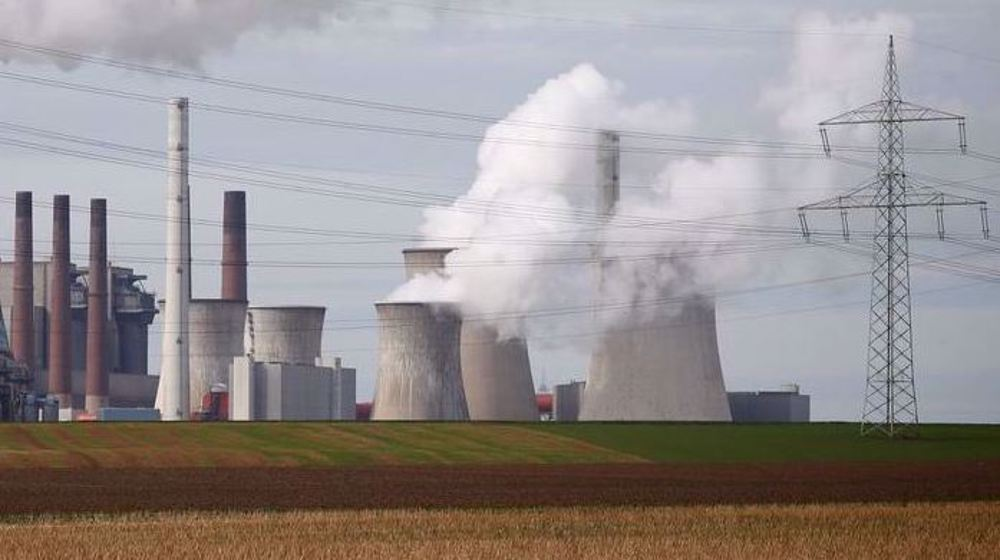
Steam rises from the five brown coal-fired power units of RWE, one of Europe's biggest electricity companies in Neurath, north-west of Cologne, Germany on March 12, 2019. (File photo by Reuters)
London, May 13 (RHC)-- The steep rise in energy prices across Europe following the bloc's anti-Russia sanctions linked to the war in Ukraine may have killed more Europeans in winter than the COVID-19 pandemic, The Economist has reported.
Electricity and gas prices rose by 69 percent and 145 percent, respectively, last winter, The Economist wrote in an article published on Wednesday. The British weekly explained that the higher energy prices discouraged people from heating their homes properly and being in the cold increases the risk of heart and respiratory problems.
The Economist had predicted back in November that expensive energy could cause between 22,000 and 138,000 deaths in a mild winter, and more in a harsh one.
The prediction came true unfortunately and the surge in energy prices resulted in 149,000 additional deaths -- of which 60,000 were registered as COVID death -- in the 28 European countries examined by the paper between November 2022 and February 2023.
The report said the 7.8 percent increase in the number of deaths compared to the same weeks of 2015 to 2019 can be attributed to several factors, the main cause being the people's inability to heat their homes properly and getting ill due to the cold condition.
In the meantime, the West blames Russia for the energy crisis in Europe, claiming Moscow weaponized energy supplies to European states to achieve its political and military objectives. Moscow, in turn, has rejected this claim, pointing to the West’s joint sanctions against the Russian nation as the main factor that hampered the increasing gas exports from Russia to Europe.
In this regard, the Russian side had invested tens of billions of dollars to build pipelines to transfer its gas to northern Europe. Multiple media reports said the United States blew up the pipeline to undermine Russian influence in Europe and maintain Washington's hegemonic control over its European vassal states.

